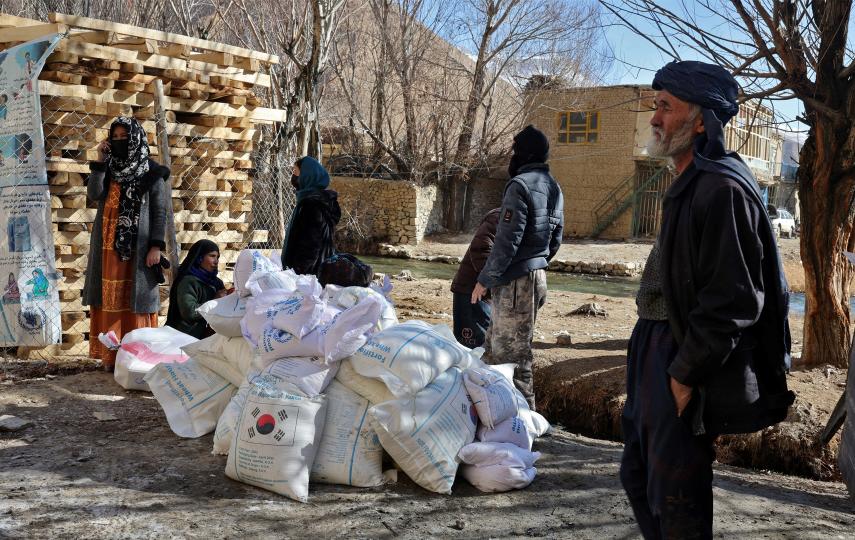Griffiths steps down as relief chief
UN OCHA leader Martin Griffiths – the most powerful official in the humanitarian sector – made a surprise resignation announcement Monday, 25 March, telling agency staff of his intention to step down after three years in the job.
Griffiths’ wrote to OCHA staff that long Covid had “limited my strength to undertake the breadth of travel essential to my position”. He will stay in the role until June.
Griffiths’ departure sparked sadness among many colleagues in the aid world. “It is such a shame that Martin is stepping down,” said William Chemaly, who was an outside rival for the job in 2021. “We need a humanitarian chief who keeps Martin’s excellent focus on relentless humanitarian diplomacy and someone who keeps battling for access to people.”
“In his three years in the post, Martin Griffiths witnessed an intensification of the two major challenges to humanitarian action: rising protracted crises; and impunity to humanitarian conventions and law. He met both with foresight and moral courage,” said Dr Philip Proudfoot, a Research Fellow at the Institute of Development Studies and part of the OCHA Flagship Initiative Learning Team.
Proudfoot said Griffiths withstood “vitriolic campaigns against himself and the United Nations over its Gaza response” and launched the Flagship Initiative to improve OCHA’s engagement with affected communities in crises. “With broad support, Griffiths showed insight and strategy on where the sector needs to go next,” he added.
But Griffiths was not universally loved. In Myanmar, Griffiths received major criticism from campaigners after he met with the ruling military junta, who turned the meeting into a propaganda opportunity.
Attention is now turning to who will take the job at a time when the humanitarian sector is undergoing an existential crisis amid spiralling wars and disasters, strained funding, and declining political support. The OCHA chief job has traditionally been held by a Briton, reflecting how Security Council member states maintain influence in the UN. But there have been growing calls for Secretary-General António Guterres to appoint a representative from a nation in the Global South to take the reins. It’s even a perspective apparently shared by Griffiths himself: “This is too crucial a job to be left to favouritism," he told The New Humanitarian back in 2022.
To take a look back on what he set out to achieve in the role, and his thoughts on the future of the position, give our Rethinking Humanitarianism episode with him from 2022 a listen.




